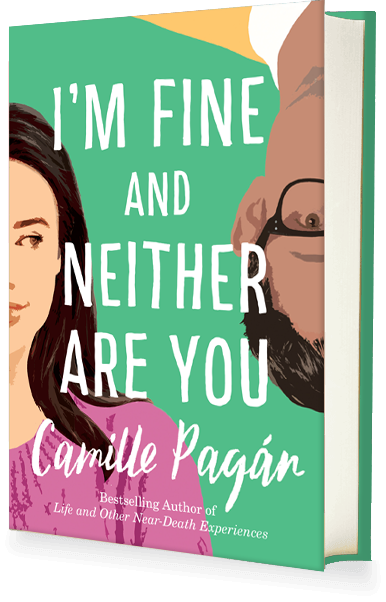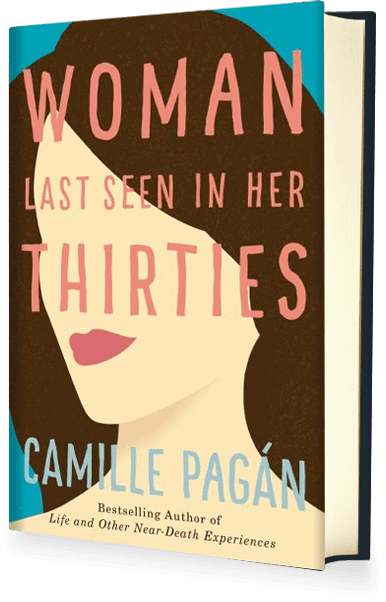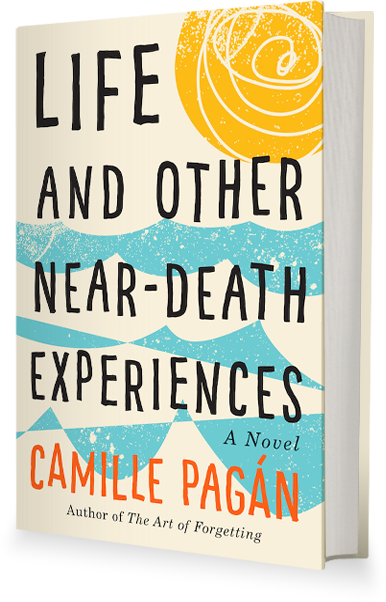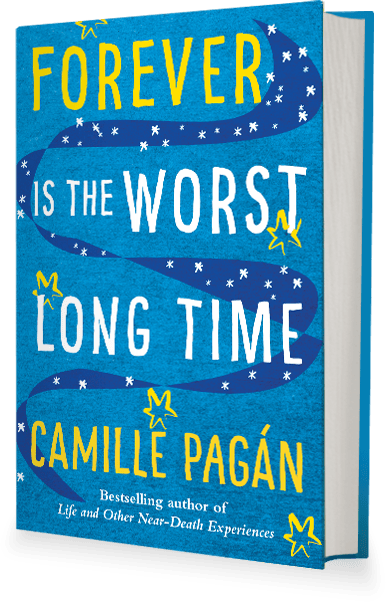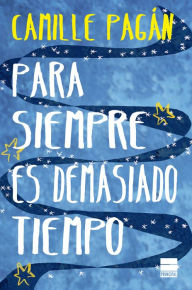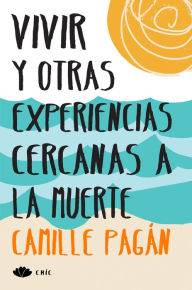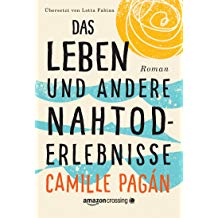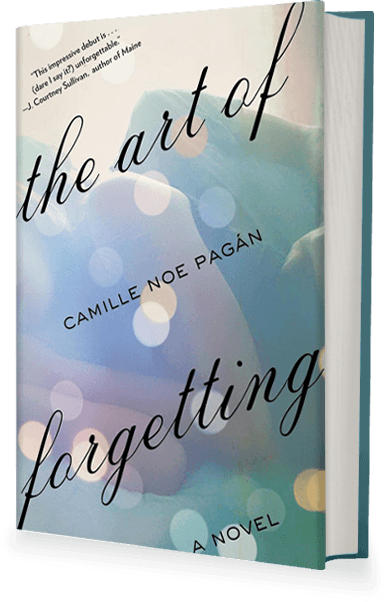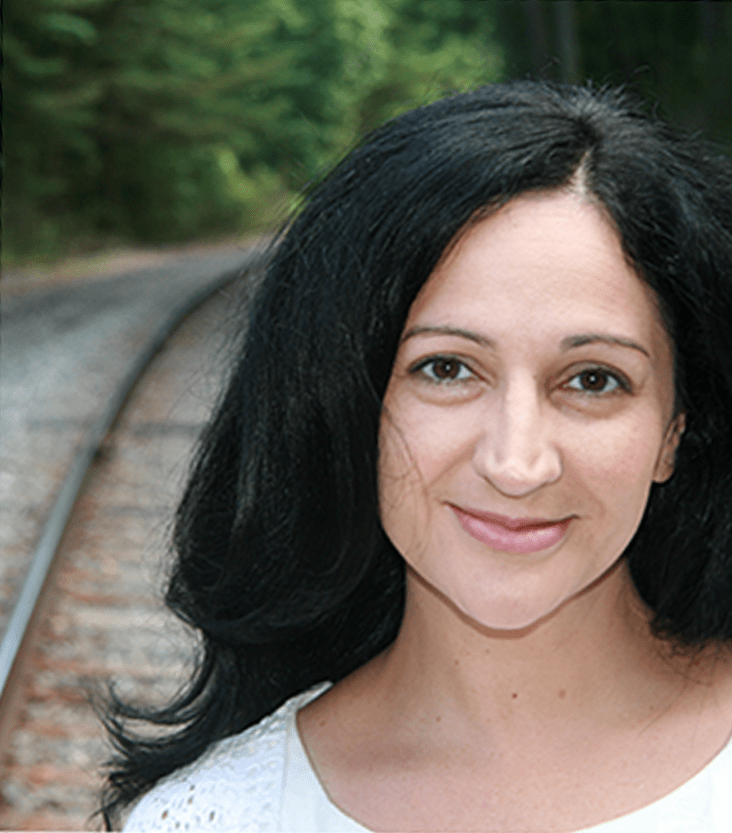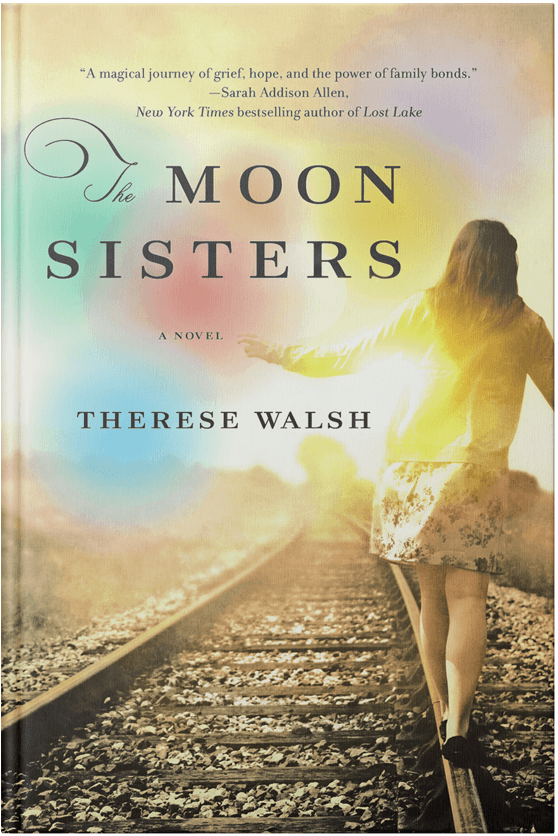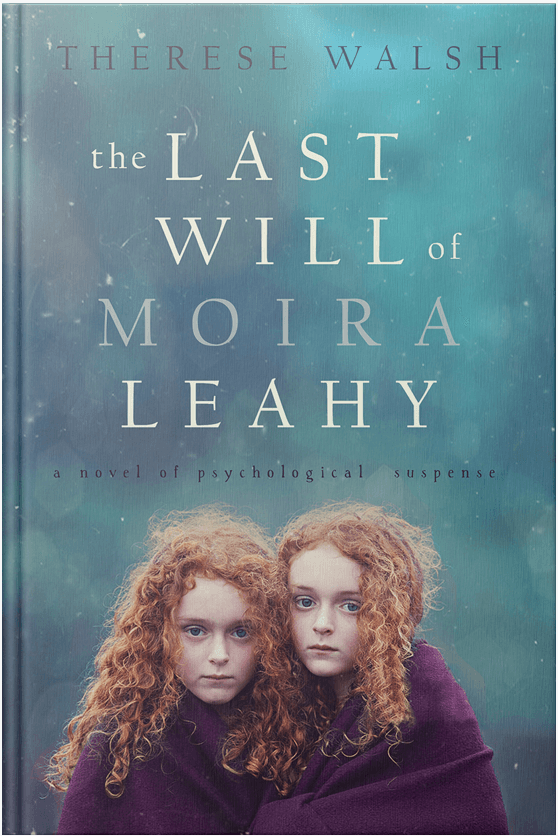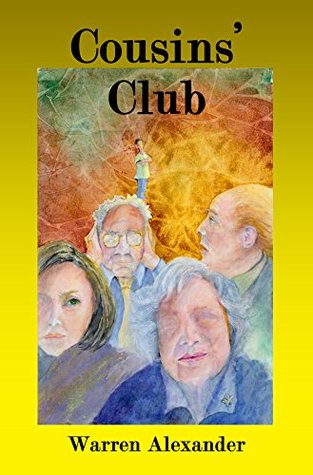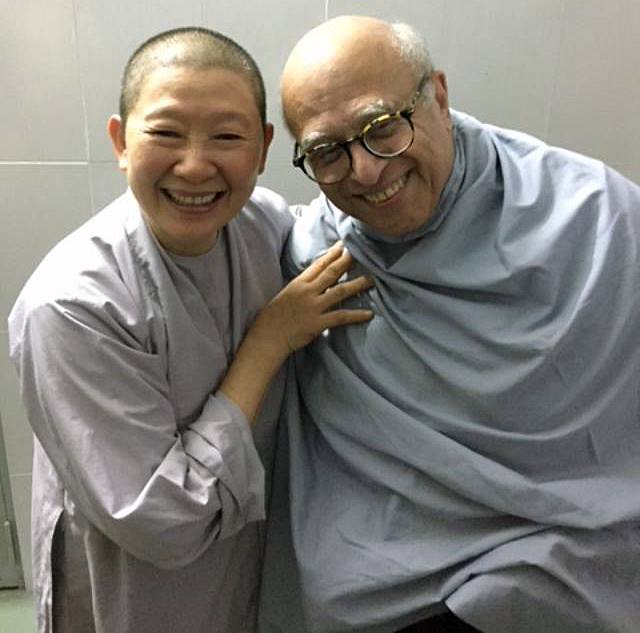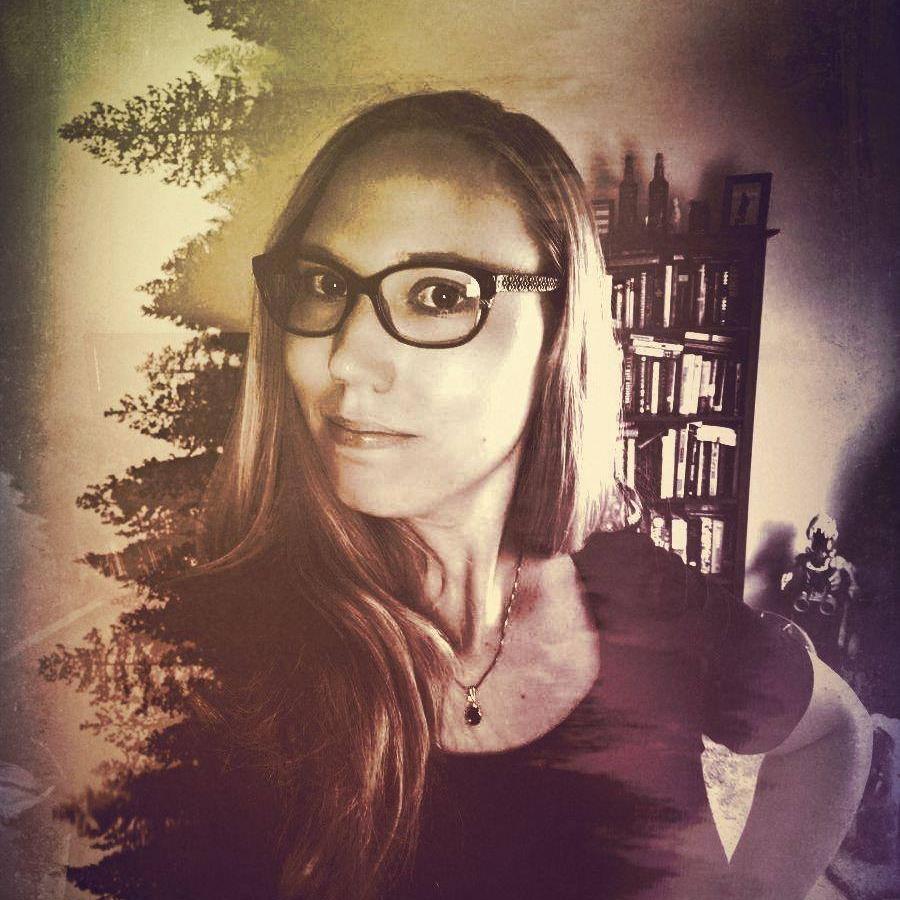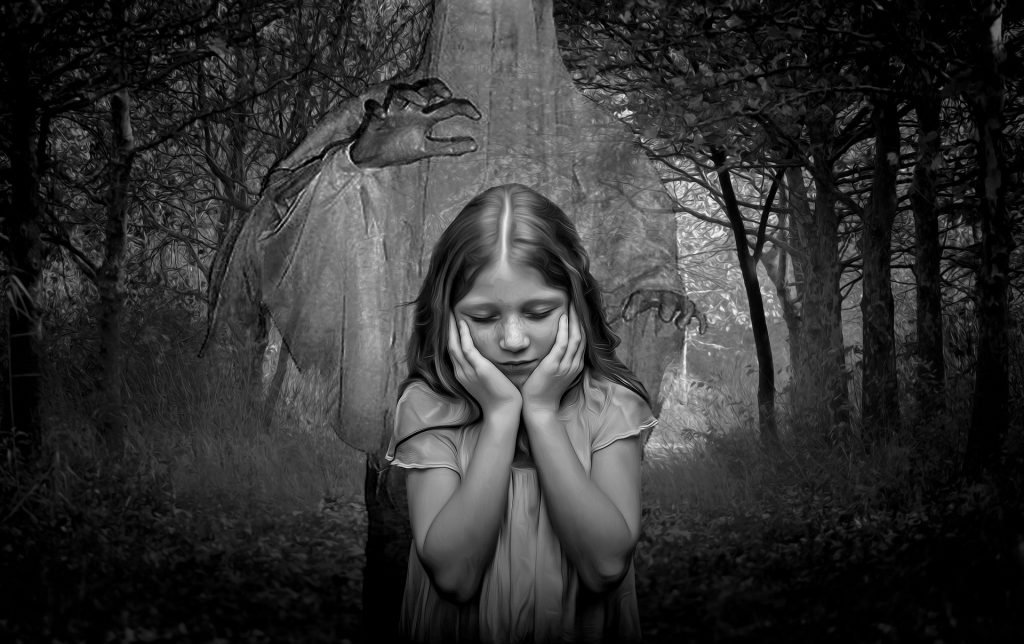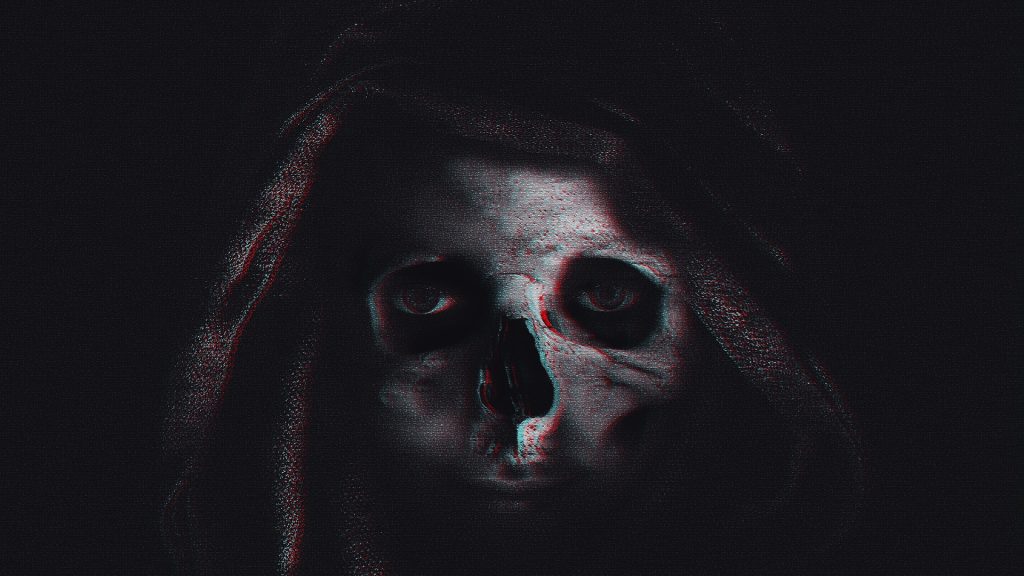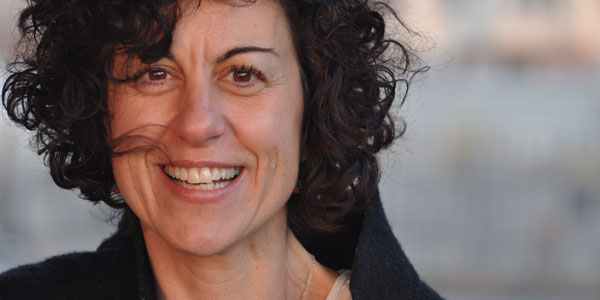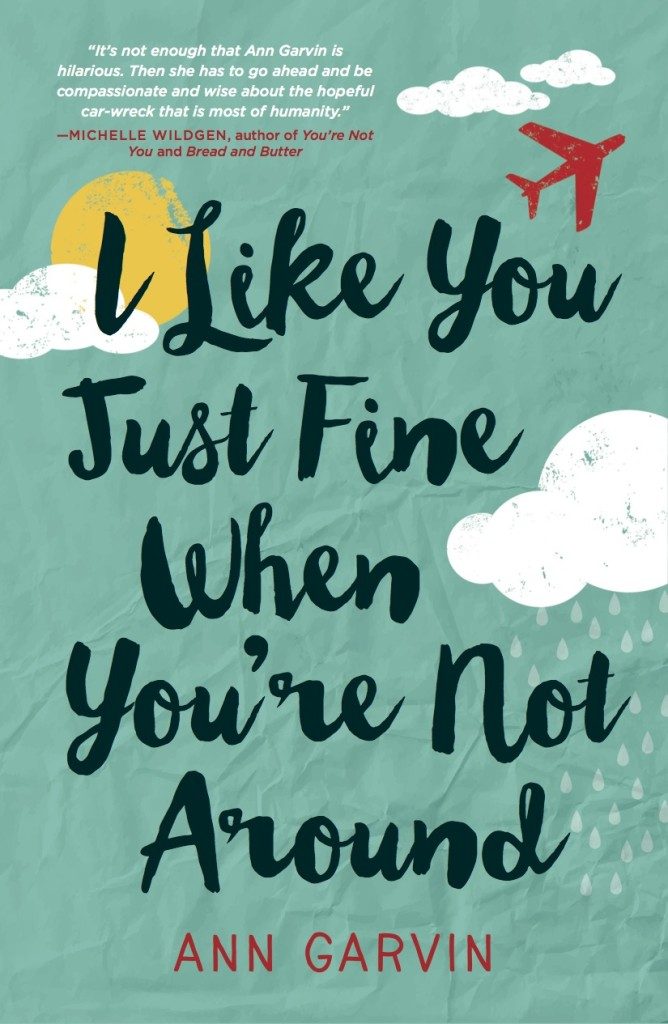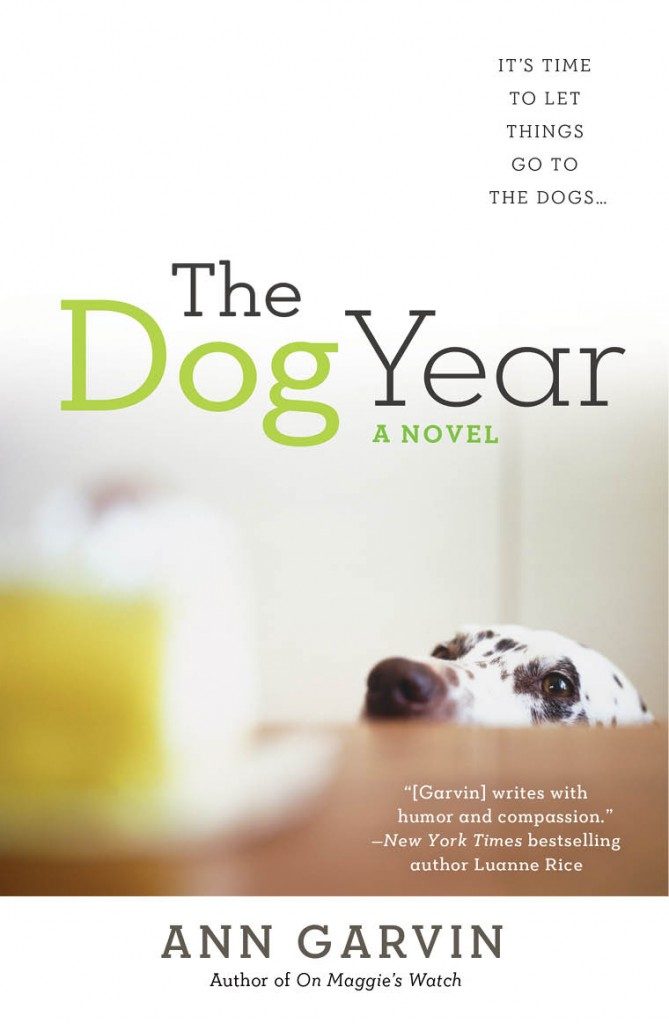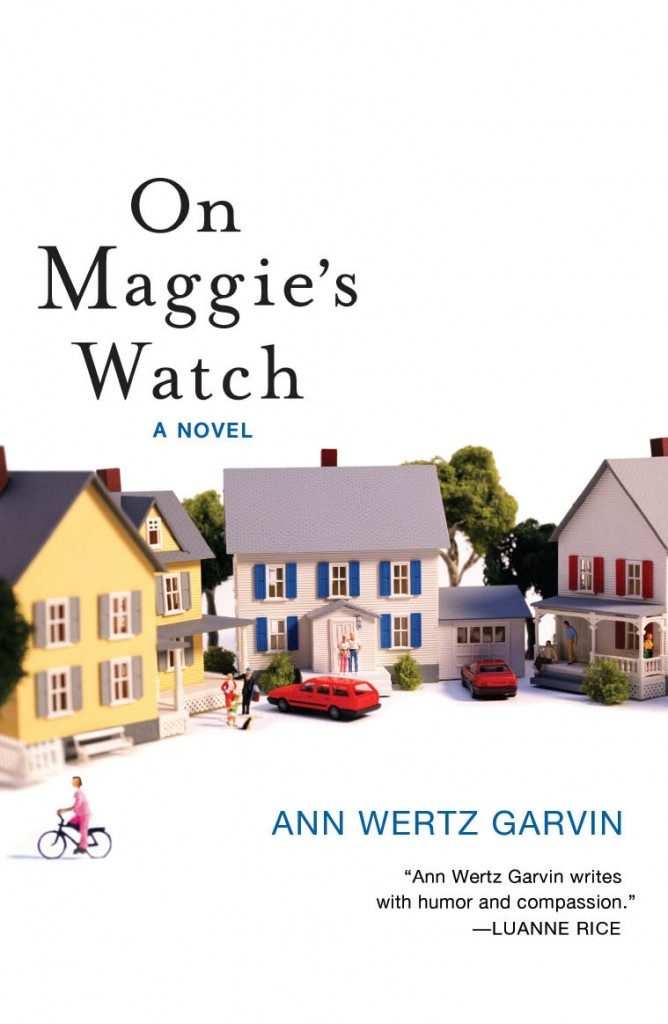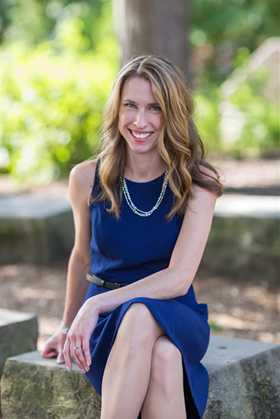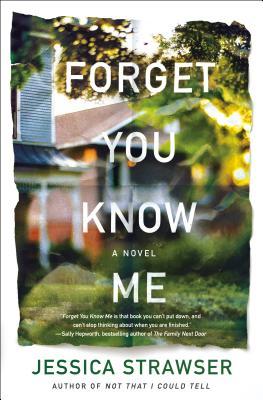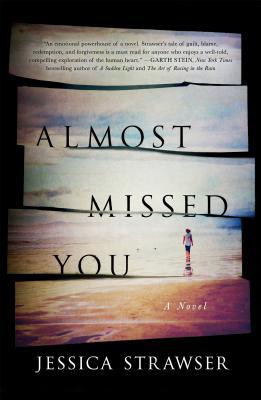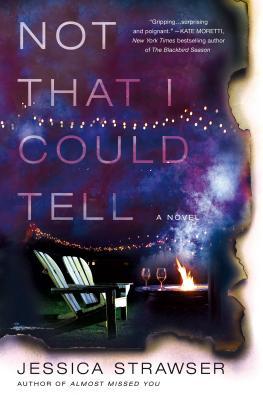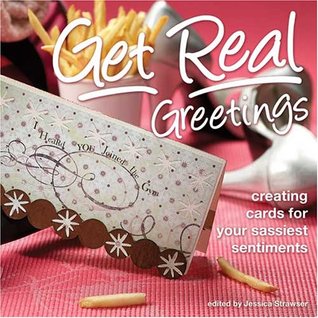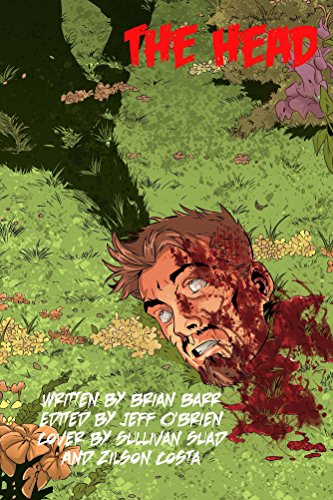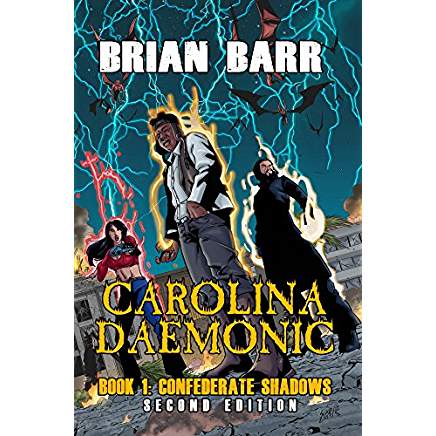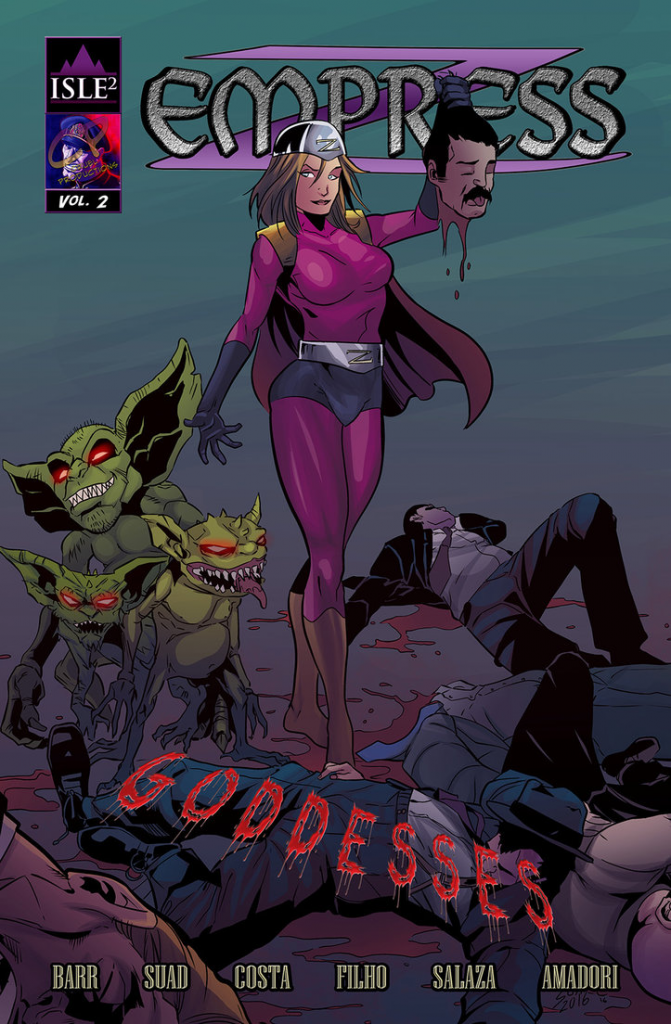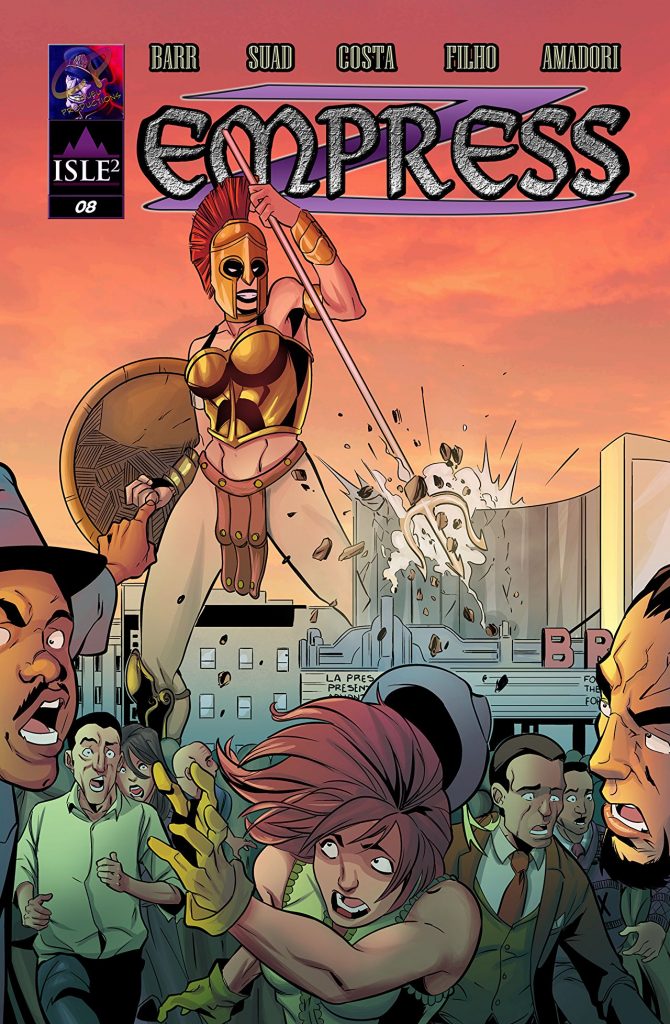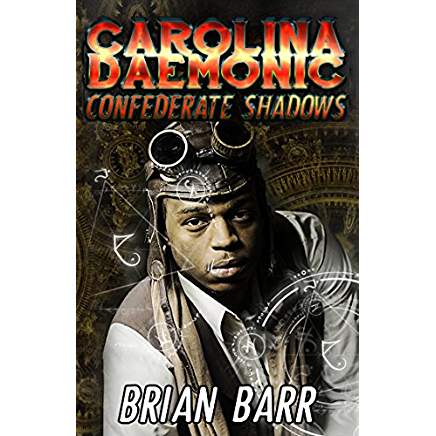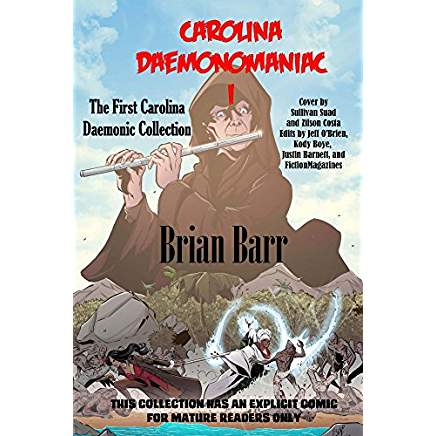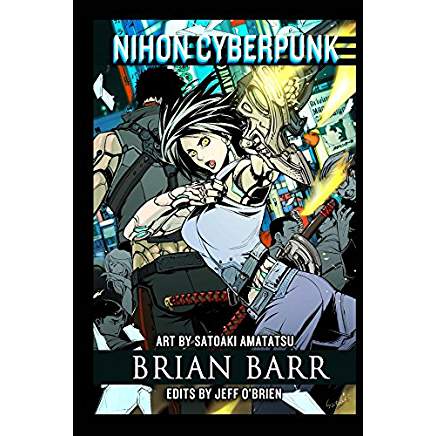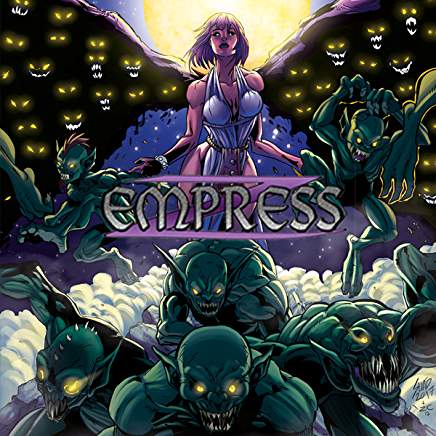
Describe your writing process: schedule, environment, strategies, and inspirations.
I write from 9-4 during the workweek, and sometimes earlier in the morning or on the weekends (especially when I’m editing). I’m a creature of habit, so I work almost exclusively in my home office—I’m not a coffee shop or kitchen table kind of writer. I need silence (which I don’t always get; my “assistant” happens to be my dog, and she barks her head off when the delivery trucks come down our street) and long chunks of time dedicated just to writing in order to produce a book.
As for inspiration, I find it everywhere—conversations I’ve had, things that have happened in my own life, trips I’ve taken. At any given time, I have two or three novel ideas I’m contemplating even as I’m writing another draft.
Walk me through your publishing process from “final” draft to final product, including your publishing team and marketing that you are expected to do as the author.
I write about one novel a year, and I’m currently working on my sixth, which comes out next February. I can tell you that there’s no set process … it’s a little different for every book I’ve written. For example, I wrote all of I’m Fine and Neither Are You before selling it to my publisher. But I sold my sixth book, This Won’t End Well, based on a few chapters and an outline, and then wrote a draft. After polishing my first draft (which usually takes 4-6 months to write), I then turn it in to my agent and editor, and go through three intense edits before going through proofreading and copyedits. Marketing starts months before a novel comes out, and lasts … well, it never really ends. That can include connecting with readers through social media, speaking to book clubs, and doing talks at libraries, bookstores, and other organizations, just to name a few.
Who are your biggest cheerleaders online and IRL?
I’m a member of the Tall Poppy Writers, which is a wonderful marketing collective of approximately 40 women authors, and that’s a huge source of support for me. My husband, my sisters, and my best friend are my IRL cheerleaders—I couldn’t do this without them. I’m also a member of numerous online reader and author groups, like Great Thoughts Great Readers (which is on Facebook) and the Women Fiction Writers Association. For a fairly social person who works by herself at home, connecting with others in these groups keeps me sane.
How does your writing influence your life and vice versa?
Well, writing is almost like an act of therapy for me. It’s not that I write about what’s happening in my life so much as I examine themes that are on my mind—honesty, connection, commitment, desire.
What do you love most about your creativity?
That my career is centered around my creativity. I’ve always wanted to be a novelist, and I have to pinch myself sometimes when I realize that’s become my full-time job. I worked as a health journalist for 20 years (and still occasionally write articles for outlets like Health and WebMD.com), and as much as I like research and facts, it’s so fun to create an entire world in 300 pages.
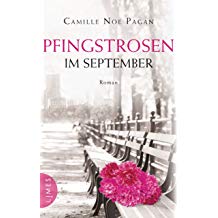
German translation
